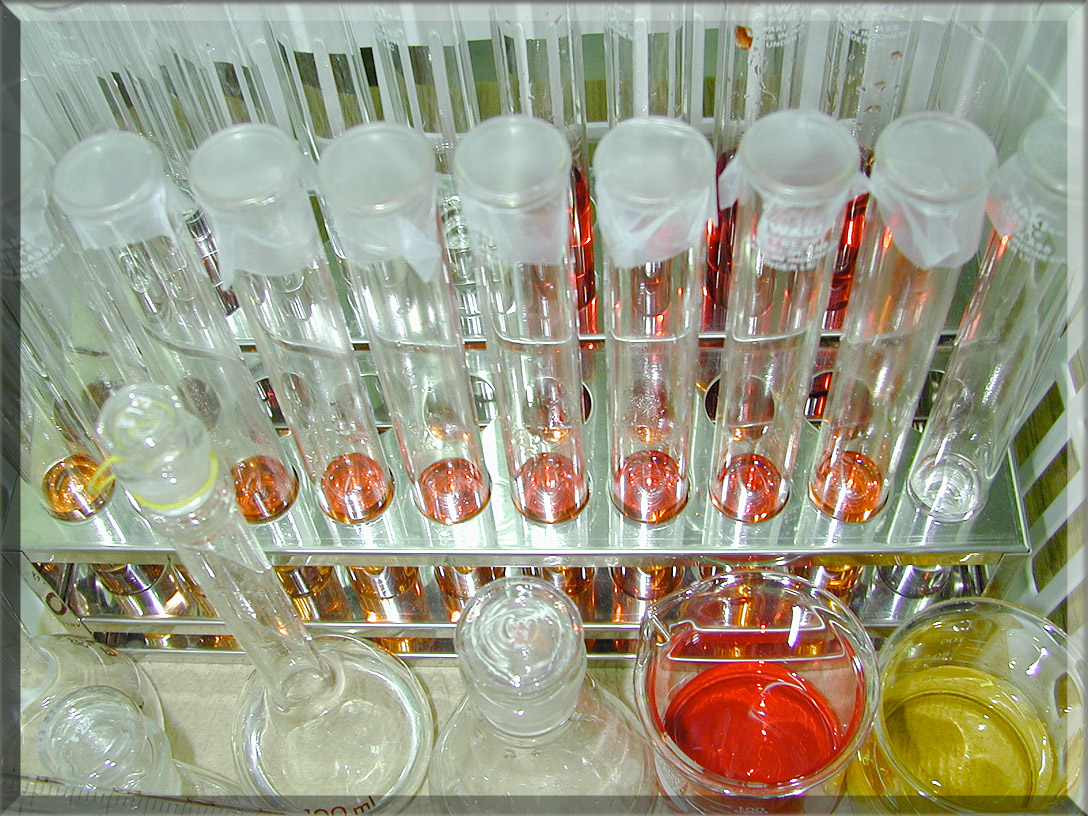DRBC IVDD General Exam
The general exam is an important starting point for the complete evaluation of IVDD. Loss of motor function may not be the only problem present and failure to correctly evaluate the entire physical picture can lead to complications at a later point.
What to Expect
It is important that we confirm that this is a healthy animal with our veterinarian. During the exam, our veterinarians conduct a head-to-toe exam. It is important that the heart and lungs be cleared should surgery be required. Additionally, some medications are contraindicated when heart disease is present. It is also not uncommon for IVDD animals to develop pneumonia due to a weakened immune system and this requires immediate treatment with or without surgery as an option.

Note: DRBC does not allow for the bending of the neck or twisting of the head or limbs as part of the exam. Identifying IVDD should be done with an examination of the individual vertebra with a gentle touch to identify the affected area and by squeezing the pads and limbs for deep pain. No need to worsen the situation with odd twisting or contorting. We stop anyone trying to evaluate our dogs using rough techniques.
Testing of Blood and Urine
So much of what an animal is going through physically is reflected in their bodily fluids that it is an excellent means of determining what problems are present in your doxie. Many doxies develop urinary tract infections early in the IVDD cycle due to incomplete emptying of the bladder and weakened immune system. This compromise of the immune system needs to be addressed quickly with proper medication to avoid additional problems for your doxie during this time.
Often, your veterinarian will perform a Urine Analysis (UA) with culture and sensitivity. These specific tests on your doxie’s urine will give a profile for pH, infection, concentration, and many other urinary items. Additionally, the culture will show which bacteria are present in the urine while the sensitivity will indicate which medications will be most effective in eliminating the bacteria. Your veterinarian may perform a UA alone, a combination of the tests mentioned, or all three. An older doxie may also have their urine tested with an ERD or Early Renal Detection test. This test will indicate the overall health of the doxie’s kidneys and will provide an early warning of renal disease.
Having defined a sound medical base, it is now time to decide if surgery is an option or if a conservative or medical path would be more appropriate. Both contain risks and all must be considered for the treatment and long-term recovery of the dog.

Additional Notes:
- There are no ‘over-the-counter’ fixes for IVDD. Please consult a qualified veterinarian before using any medications or OTC products with your dachshund.
- The information offered herein is for informational and educational and purposes only. Seek the timely care of a licensed veterinarian or veterinary surgeon if you believe your dog is exhibiting any of the signs or symptoms of IVDD. This website does not seek to diagnose or treat IVDD.







